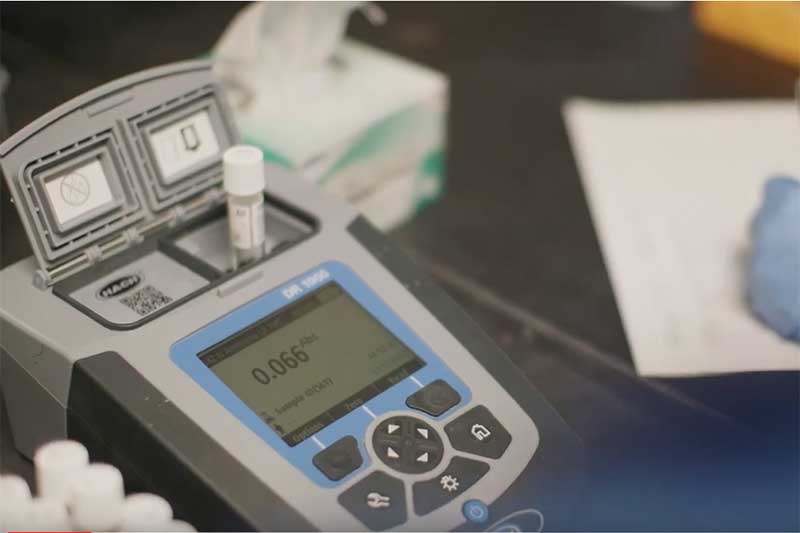Systems, Synthetic, and Computational Bioengineering Concentration
In this concentration, research groups in systems, synthetic, and computational bioengineering apply engineering principles to model and understand complex biological systems, including differentiation and development, pathogenesis and cancer, and learning and behavior. This involves designing and implementing methods for procuring quantitative and sometimes very large data sets, as well as developing theoretical models and computational tools for interpreting these data.
Deciphering the workings of a biological system allows us to identify potential biomarkers and drug targets, to develop protocols for personalized medicine, and more. In addition, we use the design principles of biological systems we discover to engineer and refine new synthetic biological systems for clinical, agricultural, environmental, and energy applications.
Computational and system-level approaches are now used by biotechnology companies across many fields, e.g. to predict the activity and side effects of drugs and drug combination; to develop methods for early detection of disease, pandemics and environmental hazards; to develop novel therapeutic approaches; and more. Synthetic Biology is making a significant impact on many industries, including anti-cancer therapies, sustainable material manufacturing, drug and vaccine delivery, meat-based alternatives, and more.
A computational medicine focus of this program for graduate students is offered at Northeastern’s Portland, Maine campus.
Curriculum Highlights
Our undergraduate and graduate curriculum includes:
- Multiple mathematical and computational approaches – including dynamical systems, control theory, stochastic analysis, and information theory – to study biological systems at all scales. Applications include predicting the structure and function of biomolecules; designing drugs and diagnostic tools; understanding the dynamics of development, learning, and disease; and predicting and controlling the composition of populations.
- Employing physical and chemical principles to modeling and understanding biological processes at multiple scales, including biopolymer conformations, cell membrane mechanics, chemical reaction kinetics, cellular differentiation, molecular motors, and neuronal signaling.
- Principles and practice of designing and executing experimental projects for acquiring quantitative and large-scale data and for implementing synthetic biological functions. Topics include experimental project design; development and applications of optical, biochemical, biophysical, and microfluidic-based tools; and data analysis approaches in bioinformatics and systems and synthetic bioengineering.
- Statistical modeling and Machine learning approaches to infer biological knowledge and biomedical strategies from real-life partial, noisy, and multifaceted biological data. Applications include early detection, drug testing, genetic analysis and forensics, inference of mechanism from large-scale data, active learning for rapid improvement of monitoring devices, model selection for synthetic design.
Career Opportunities
Job opportunities in this field include industry, academia, and healthcare & range from future foods to creating designer therapeutics.
Our graduates and co-op students have been recruited to companies such as Moderna, Mitre, Takeda, Bio-Rad Lab, Pfizer, Draper, Ginkgo Bioworks, as well as biotech startups.
